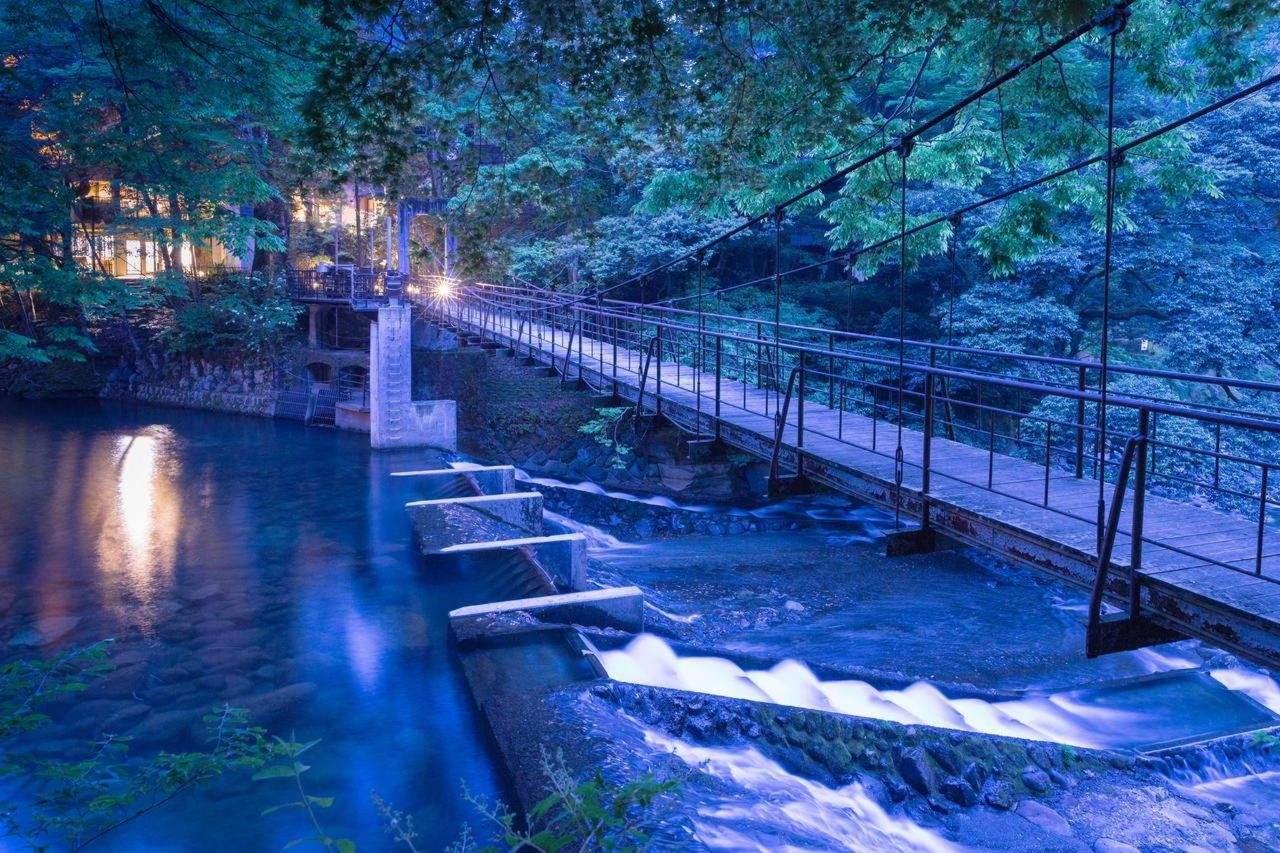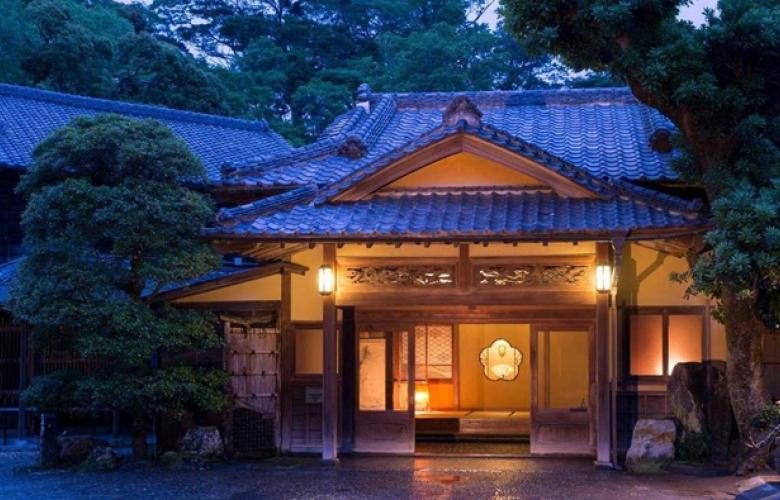WILLIAMS MEDIA sat down with Christopher Aiello, Fund Manager of the Odyssey Japan Boutique Hospitality Fund about their latest alternative real estate strategy.
The Odyssey Japan Boutique Hospitality Fund, launched on 16 May, aims to preserve and transform historical buildings into luxury hotel destinations, in particular, heritage sites, including Machiyas and Ryokans (traditional Japanese inns and B&B properties over 100 years old).
The Fund is managed by Odyssey Capital Group Ltd, Asia’s leading independent Alternative Asset Manager, who provide differentiated and bespoke investment solutions across multiple assets classes.

Grand entrance to Ryokan Hotel lobby (Source: Daniel Vovil, Odyssey Capital Group)
The Fund’s goal is to preserve the historical value of local architecture, repurposing them into boutique luxury hospitality assets that embody the beauty and refinement of Japanese culture and design, while preserving traditional Japanese architecture and construction techniques.
By introducing the luxury hotel experience, the Odyssey Japan Boutique Hospitality Fund will provide guests with a high end and traditional Japanese accommodation experience delivered by a team of hospitality professionals.
The boutique accommodation market is currently suffering from a chronic undersupply of luxury accommodation, and with the Tokyo 2020 Olympics fast approaching, Japan’s boutique hospitality industry has never been more in demand. WILLIAMS MEDIA spoke with Christopher Aiello, the Fund manager of the Odyssey Japan Boutique Hospitality Fund who said, “With our unique positioning in this attractively placed sub-segment of the property market, experienced and local team, and our exclusive access to off-market undervalued assets, the Odyssey Japan Boutique Hospitality Fund presents an excellent opportunity for our investment partners to gain exposure to this asset class.”

Bridge leading to Ryokan entrance (Source: Daniel Vovil, Odyssey Capital Group)
“A boom in the tourism sector has seen significant growth in both macroeconomy and Japan’s hospitality sector. And since Prime Minister Abe’s appointment in 2012, inbound tourist arrivals have risen fourfold, the demand for accommodation has never been higher,” Aiello said.
Christopher furthered, “The fundamentals of the Japanese hospitality sector remain very favourable, characterised by high demand and insufficient supply. Historically, corporate investors in Japan have underinvested in building more hotels in the period from 2000-2012.
Due to fundamental changes like removing the visa restrictions for tourists from mainland China and ASEAN and the increase in low-cost air carriers making travel to Japan more affordable and accessible, the market was caught unprepared for the significant increase in demand for short-term accommodation.

Ryokan hotel room overlooking scenic mountains (Source: Daniel Vovil, Odyssey Capital Group)
With a focused strategy to Acquire, Renovate, Reposition and Operate, the Odyssey Japan Boutique Hospitality Fund is well placed to leverage this attractive asset class. The Fund has been developing a pipeline of assets over the past 6 months, some examples of these include:
- Project “Kagetsu” a portfolio of Ryokan’s in the Niigata prefecture,
- Project “Falcon” a +20 villa Machiya resort redevelopment site in Kyoto, and
- Project “Mochi” a 1930s art deco boutique hotel in the Port District of Kyushu.
Aiello says, “The fund was only formally launched on 16 May and so far, we have received very strong interest from a range of Family Offices, HNW individuals and institutions. We are confident that we will achieve the funds first closing of USD$100 million by the end of August.”
 Relaxing outdoor Hot Spring Onsen bath at Hotel project (Source: Daniel Vovil, Odyssey Capital Group)
Relaxing outdoor Hot Spring Onsen bath at Hotel project (Source: Daniel Vovil, Odyssey Capital Group)
For more information about Japan Boutique Hospitality Fund, phone or email Daniel Vovil via the contact details listed below.
Daniel Vovil, Co-Founder and President, Odyssey Capital Group
daniel.vovil@odysseycapital-group.com | (852) 9725-5477

